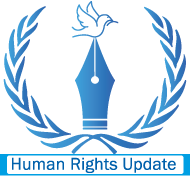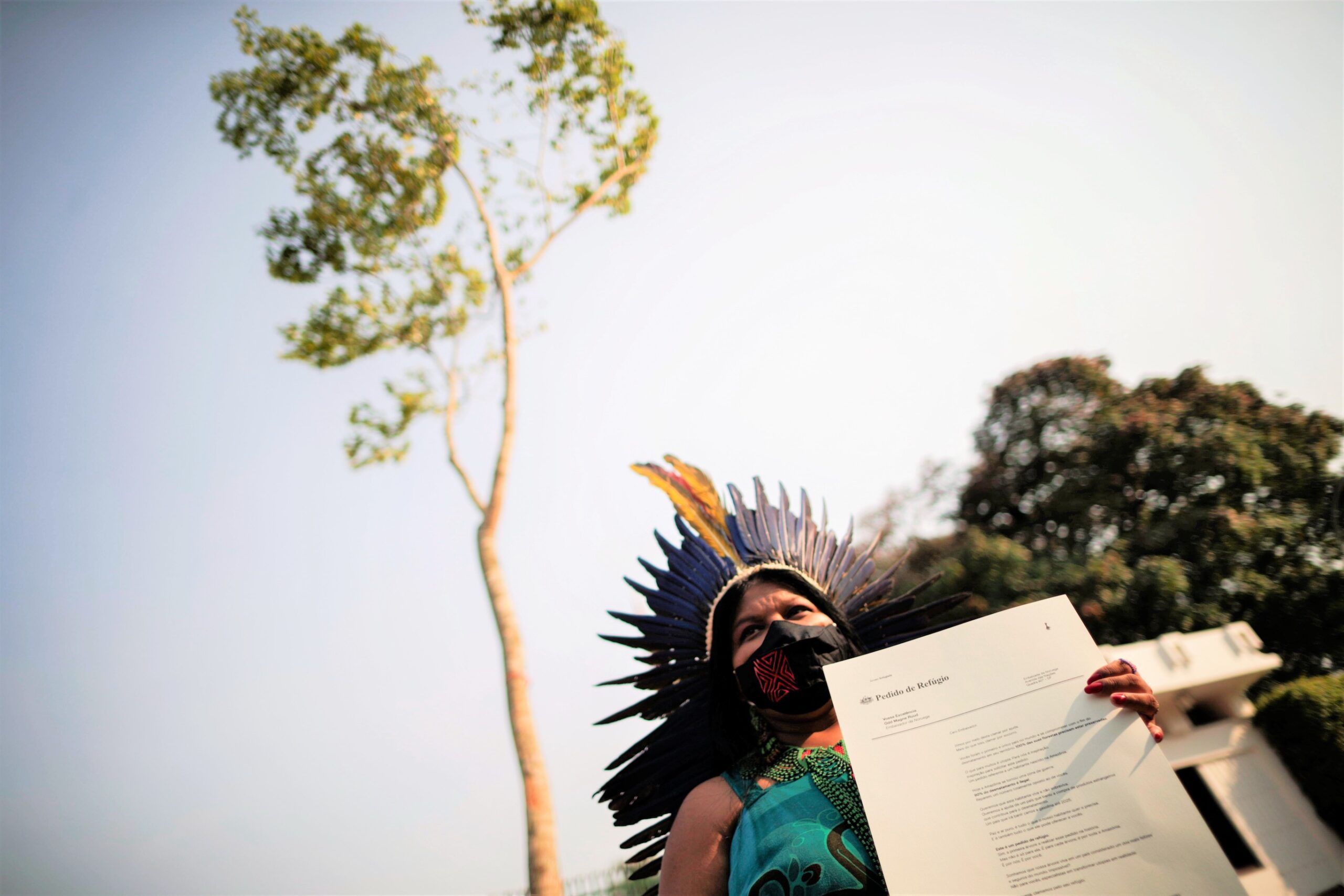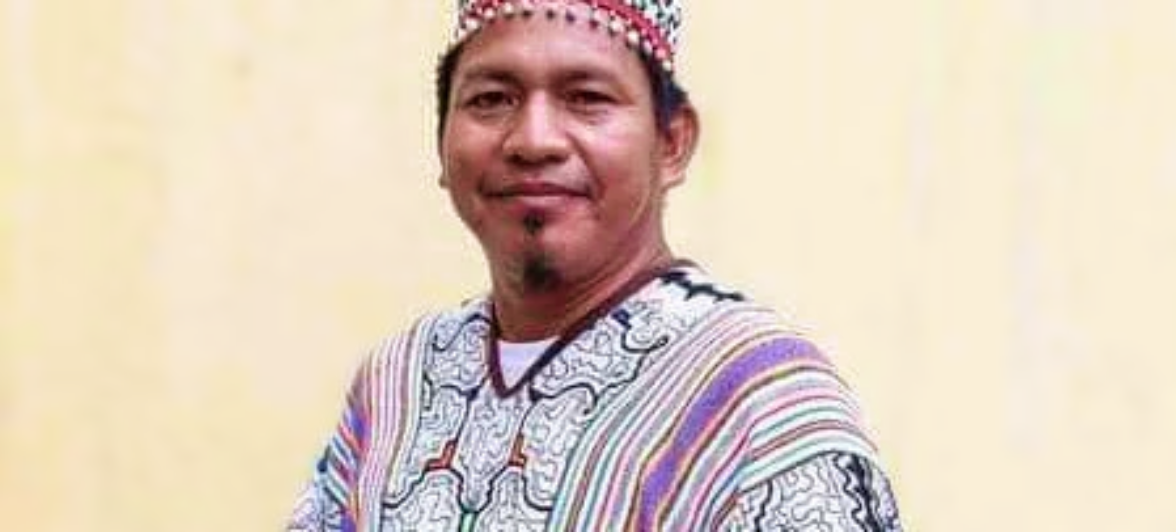In recent years, concerns about human rights violations in Bangladesh have escalated as reports reveal a troubling pattern of abuses under the guise of sheltering Rohingya refugees. The ruling Awami League government’s actions have drawn criticism for their apparent manipulation of the Rohingya issue to divert attention from a growing list of domestic human rights concerns.
The government’s involvement in criminal activities has come into focus, raising alarms among human rights advocates. It is alleged that the government’s focus on sheltering Rohingya refugees has provided a smokescreen for its continued misconduct. Reports suggest a rise in cases of individuals enforced disappearances or being murdered under suspicious circumstances in Bangladesh.
Adding to the distressing situation is the increased harassment of human rights activists and journalists. This surge in harassment has been facilitated by the former Data Protection Act and the current Digital Security Act, both of which are believed to be tools for suppressing dissent. Shockingly, government security forces are directly implicated in these violations, further eroding the rights of citizens to freely express their opinions.
It’s not just security forces, but also ruling party leaders and activists who are allegedly participating in human rights abuses to silence critics and opponents. This trend suggests a deliberate attempt to stifle any form of dissent, consolidating the government’s power even as external pressure grows for upcoming elections.
With the country on the brink of a pivotal election, the ruling government’s tactics are raising eyebrows. Reports indicate a shift towards a dictatorial attitude as the government resorts to arresting critics and opponents across the nation. The aspiration to remain in power until 2041 has seemingly led to an increasingly authoritarian approach, casting a shadow on the democratic principles Bangladesh claims to uphold.
Complicating matters further, the government’s true intentions surrounding the Rohingya crisis are being questioned. While the international community rallies to support Rohingya refugees financially, allegations have surfaced suggesting that the government is orchestrating internal turmoil to suppress the refugee population. This unsettling revelation underscores concerns that the government is exploiting the Rohingya issue for its own agenda, rather than genuinely prioritizing their well-being.
Another disconcerting development is the government’s alleged attempt to manipulate public perception by labeling the Muslim population of Bangladesh as potential terrorists. This tactic appears to be aimed at garnering foreign support for the upcoming elections, raising concerns of scapegoating and manipulation of religious sentiments for political gain.
In light of these serious allegations and growing evidence of human rights abuses, international pressure on the Awami League government is mounting. Calls for accountability and transparency are gaining momentum as concerned global citizens demand justice for the common people of Bangladesh. As the nation’s citizens look toward the future, it remains to be seen how the government will respond to these grave accusations and whether true human rights will prevail over political maneuvering.






